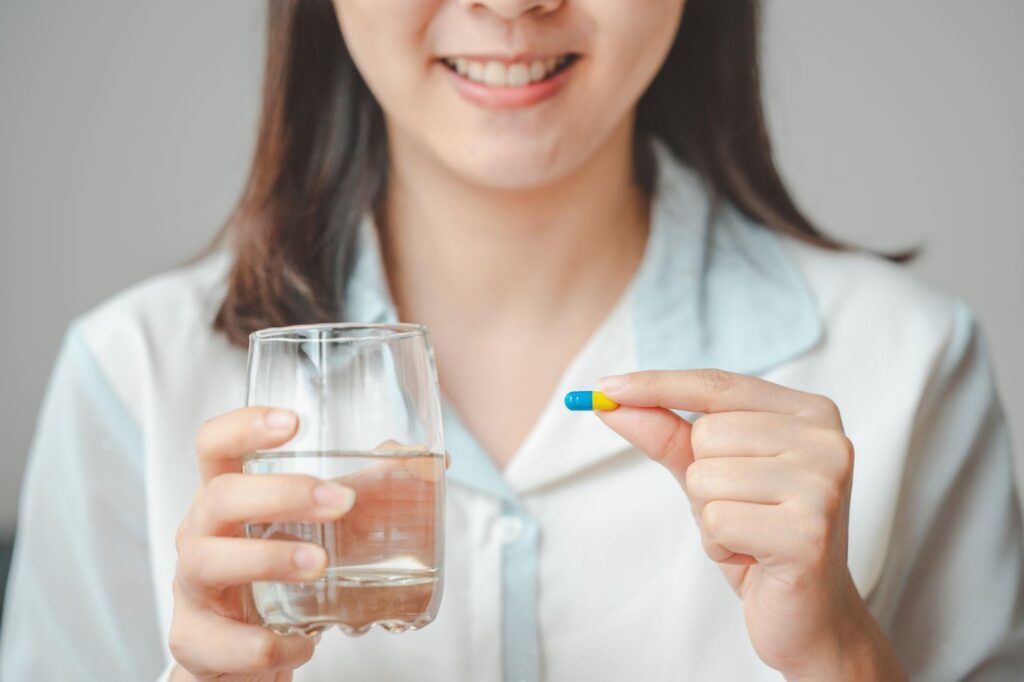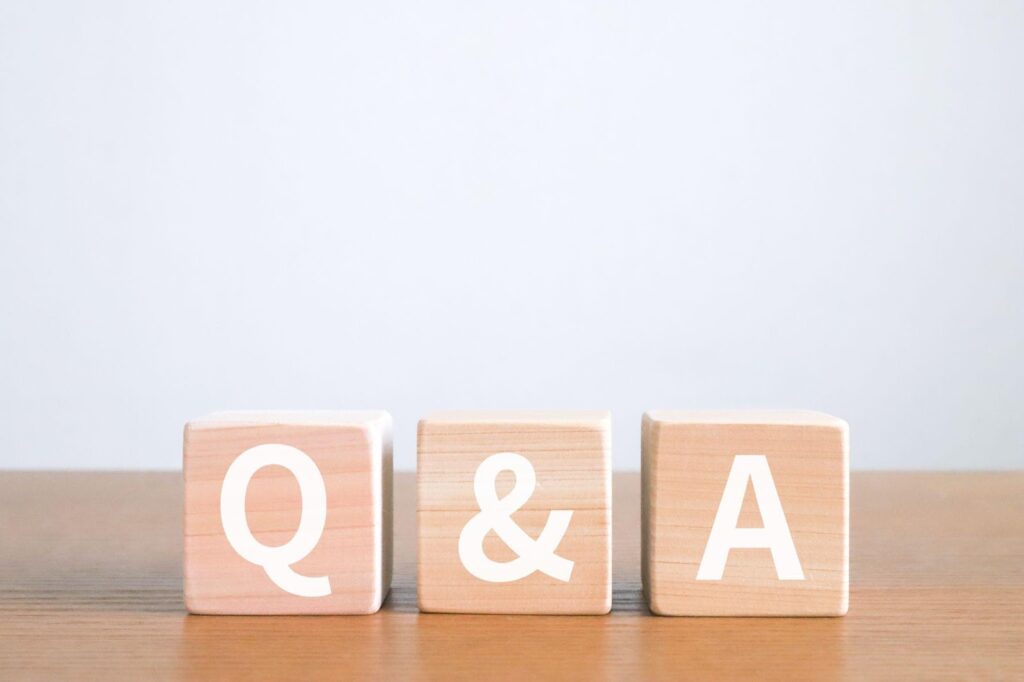Have you ever experienced symptoms such as sudden Stomachache, Nausea, Vomiting, Diarrhea and Fever? Sudden Stomachache, Nausea, Vomiting, Diarrhea and Fever commonly occurs when Infectious Gastroenteritis is present.
\\\ What is Gastroenteritis and Infectious Gastroenteritis? ///

Gastroenteritis is one of the familiar illnesses that occurs in healthy people due to inflammation of the mucous membranes of the stomach and intestines.
The most common type of gastroenteritis is “Infectious Gastroenteritis”, which is an acute gastroenteritis caused by inflammation of the gastrointestinal tract due to viral and bacterial infections.In addition, 90% of all infectious gastroenteritis is viral, and the main symptoms are nausea, vomiting, diarrhea, abdominal pain, and fever.
\\\ Main causes of Gastroenteritis ///
Simple causes includes over-eating or drinking, while there can also be other causes such as Infections, Allergy, Stress and Exposure to Hazardous Chemicals.
The primary causes of Gastroenteritis is split into two: “Infectious” and “Non-Infectious“.
<Infectious>
<Non-Infectious>
\\\ Treatment for Infectious Gastroenteritis ///

In order to heal Infectious Gastroenteritis, it is important to treat the inflamed gastrointestinal function.
If the nausea has reduced, eat foods that easily digestible and avoid stimulants and greasy meals.
If you have strong nausea, it is recommended to not forcing yourself to eat, and take small amounts of water to prevent dehydration.
In addition, if vomiting and diarrhea symptoms continue, electrolytes such as sodium and potassium contained in gastric tend to be insufficient. Therefore, it is better to take oral rehydration solution or sports drink than water or tea.
If you have additional symptoms such as diarrhea or vomiting, symptomatic treatment is given to relieve them. If the cause is a viral infection, treatment to control the symptoms of gastroenteritis is given with medicines such as intestinal regulators and anti-nausea drugs. In case of bacterial infection, antibiotics are infused and taken internally.
\\\ Prevention of Infectious Gastroenteritis ///
It is important to prevent virus or bacteria from entering the body. We suggest to take the following measures.
\\\ Frequently Asked Questions ///

① Under what circumstances should i use Antibiotics?
In most cases, antibiotics are not needed. However, antibiotics may be required to treat bacterial gastroenteritis. (Consider using in the following cases)
If you meet any of the following specimens, please consult a hospital in advance and see a doctor immediately.
② Is it possible that diarrhea is from Covid-19 infections?
There are reports of people with positive Covid-19 infections have diarrhea.
If in any case, you did not consume raw foods and have cold-like symptoms such as Fever and Malaise, it is suspected that you have a Covid-19 infection.
Please find a hospital near you that can accept patient with fever, and consult with them in advance before going to the hospital.
③ What kind of meal should I eat if I have gastroenteritis? What food can stop diarrhea? (Life guidance)
Previously, it was said not to eat during gastroenteritis to rest your stomach and intestines. However, it is recommended to eat easy to digest meals to prevent intestinal mucosa atrophy.
Recommended meals: toast, porridge, fish, crackers, chicken, etc. Avoid Greasy Foods. Also, Tannin-rich foods such as bananas, apples, black tea can relieve diarrhea. It is a good idea to take them consciously in addition to your usual diet.
